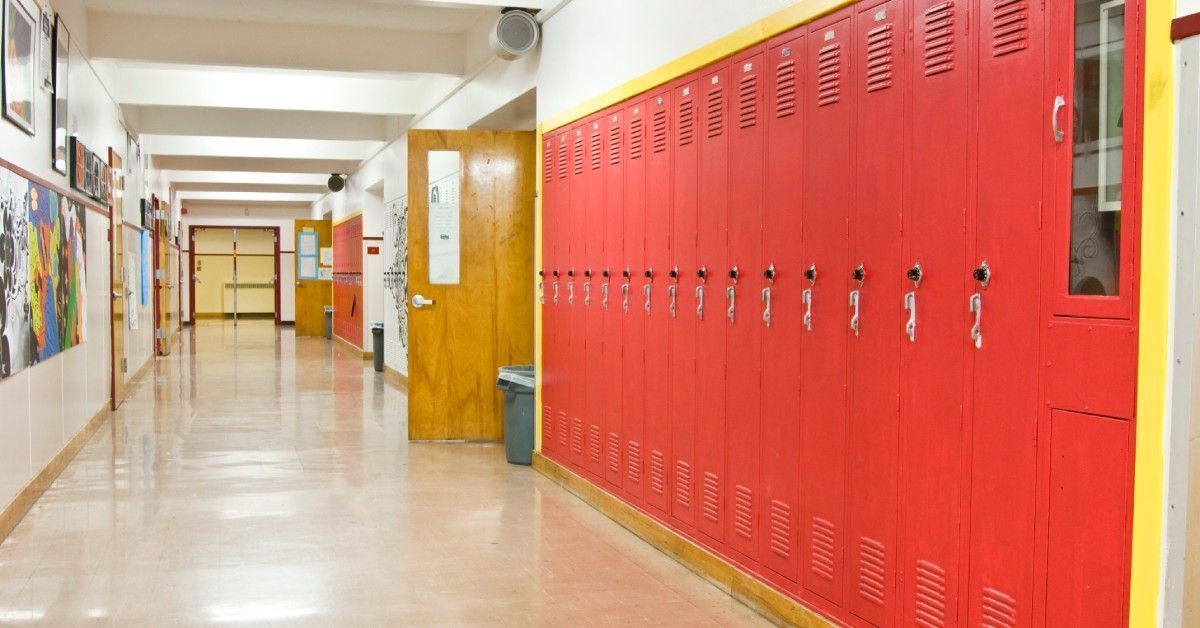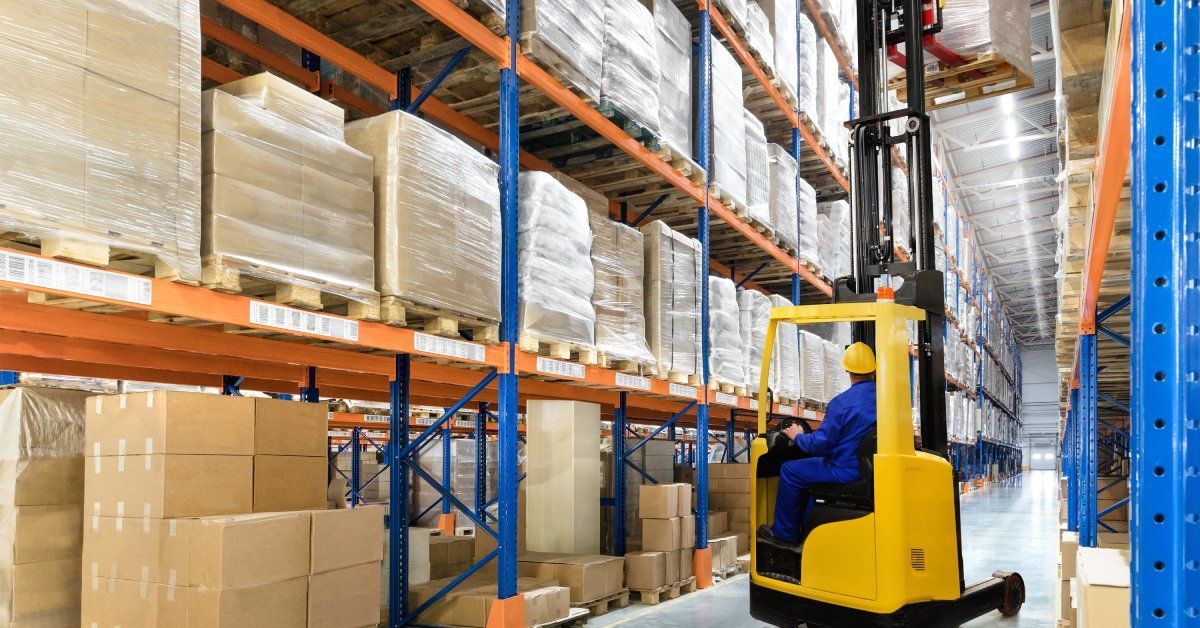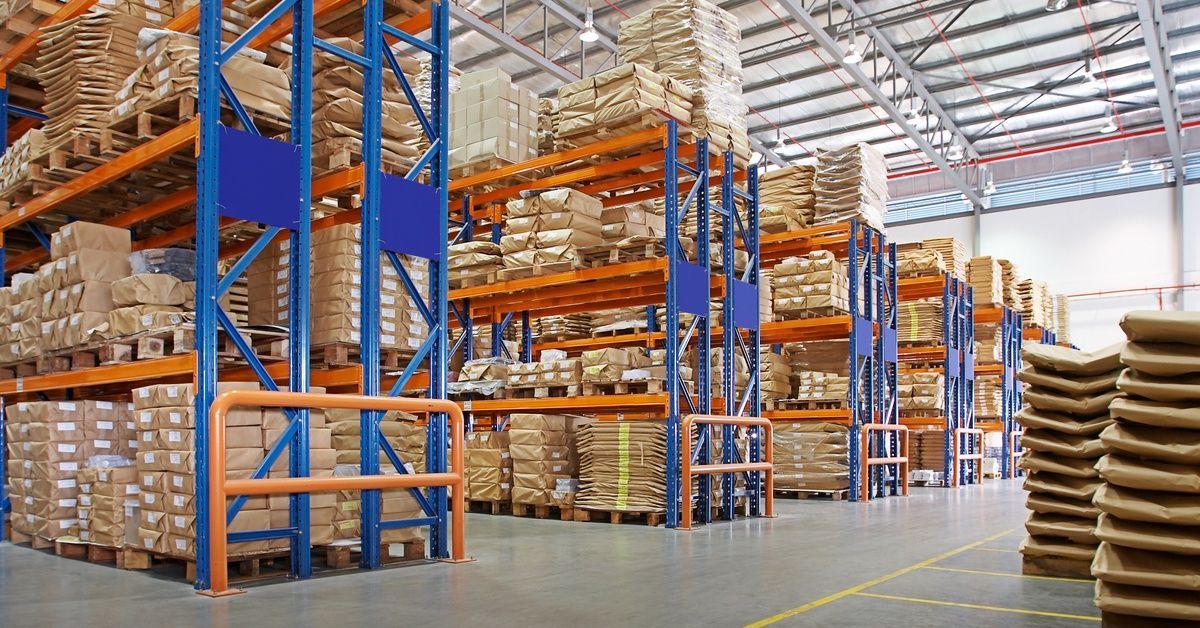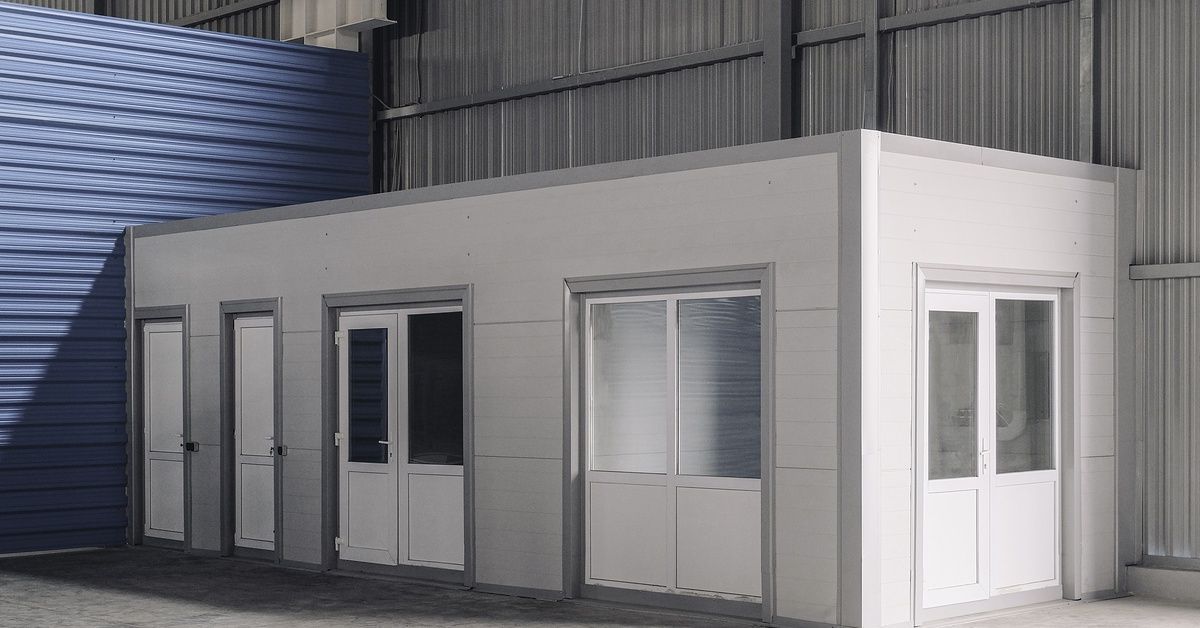Helpful Tips Before You Order Your Modular Office
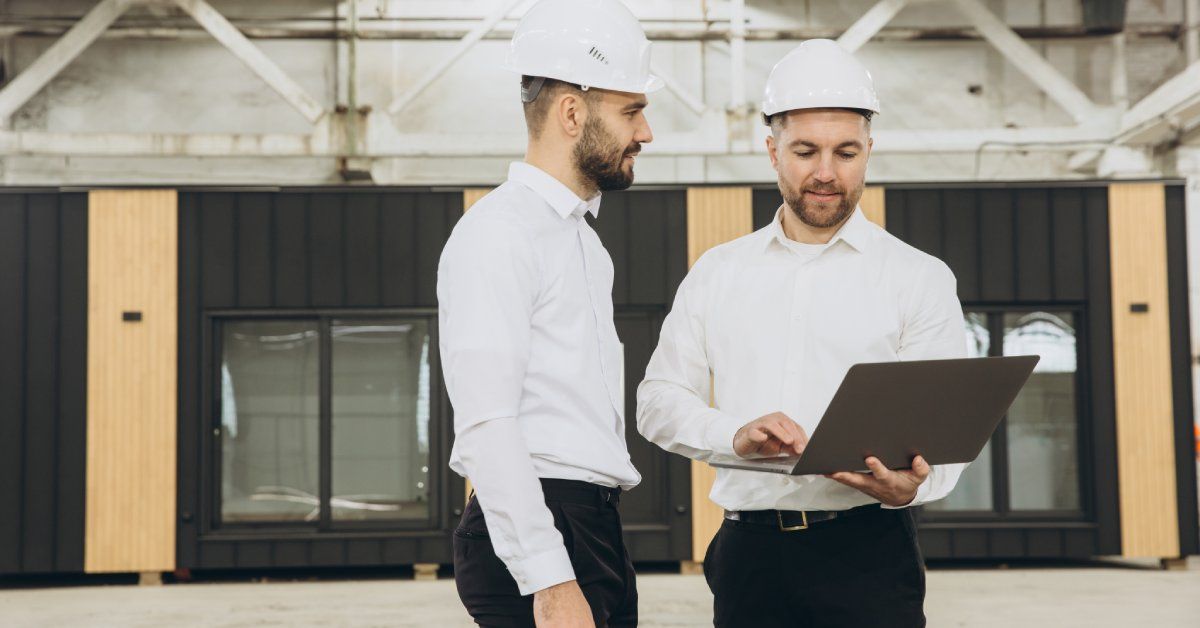
Are you thinking about ordering a modular office for your workspace? Taking the leap into modular construction offers a flexible, cost-effective solution for evolving business needs. But before you place that order, you’ll want to ensure you’ve considered all the angles. The choices you make now will have a long-term impact on comfort, productivity, and your bottom line.
With this comprehensive guide, you’ll gain some helpful tips before you order your modular office to help you make the best decision for your unique needs. By the time you’re done reading, you’ll understand the different types of modular offices available, how they work, and what factors demand your attention.
Why Modular Offices Are a Smart Choice
Many companies are turning to modular offices thanks to advantages like speed, cost savings, and adaptability. Unlike traditional construction, modular offices arrive prefabricated and ready for quick installation. This minimizes worksite disruption, allowing your team to get back to work quicker.
Modular designs allow you to create office configurations that match your team’s needs, with the flexibility to adjust in the future if the business grows or changes. With much less hassle than brick-and-mortar construction, you can relocate, expand, or reconfigure modular spaces to meet your business’s evolving needs.
Key Benefits Include
- Faster timelines compared to standard builds
- Lower overall project costs
- Reduced disruption to daily operations
- Configurable layouts for changing teams
- Easy expansion or relocation
Whether you need a primary workspace, a private meeting room, or a break area, modular offices provide practical solutions to meet a wide variety of business needs.
Types of Modular Offices
Before you start shopping, you’ll want to understand the different types available. Each option suits different industries, locations, and budgets, so read along to learn more.
Modular Office Buildings
These full-sized, multi-room structures are for long-term or semi-permanent placement. Often, you’ll find them as administrative blocks in corporate parks or educational campuses. They come with insulated walls, built-in HVAC systems, full electrical wiring, and a variety of finish options.
Ideal For
- Organizations that need quick office expansion
- Businesses with growing staff sizes
- Temporary or permanent use on owned land
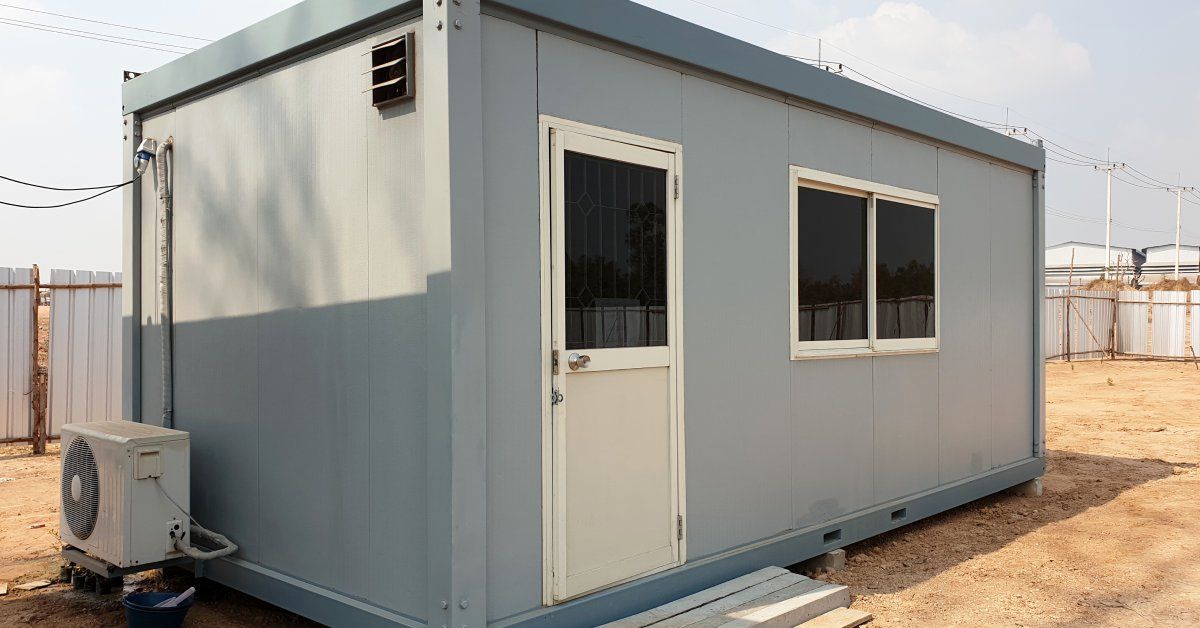
Modular Office Pods
Office pods are compact, self-contained spaces, perfect for individuals or very small teams. Many businesses use them to create private phone booths, focus areas, or quiet zones inside open-plan offices.
Ideal For
- Population-dense workspaces that need quiet zones
- Staff who need privacy for virtual meetings
- Creative roles that need a distraction-free environment
Modular Industrial Offices
A modular industrial office is for more rugged environments, such as warehouses, distribution centers, and factories. They feature durable, impact-resistant panels, reinforced windows, and advanced climate control. Typically, they’re inside larger industrial spaces or directly on operational sites.
Key Features Include
- Heavy-duty construction suitable for manufacturing or warehousing
- Soundproofing and insulation to promote worker safety
- Elevated floors or mezzanines for supervisory roles
- Secure windows and doors to protect equipment or sensitive data
Ideal For
- On-site managers and supervisors
- Safety and compliance officers
- Break rooms or meeting spaces within industrial facilities
Custom Modular Solutions
If you can’t find a plug-and-play solution that fits, many providers offer custom modular offices designed to your exact requirements. With this extra flexibility, you can select everything from wall finishes and flooring to specialized fit-outs like server rooms or medical suites.
Ideal For
- Health-care clinics
- Design studios
- Any business with highly specific needs
Practical Considerations When Ordering a Modular Office
Making the right choices now will save you headaches (and money) later. Here’s what you need to know before placing an order.
1. Assess Your Space and Needs
Start with a comprehensive assessment of your available space. Measure the area carefully, noting access points, ceiling height, and any permanent fixtures that could impact installation.
Consider your immediate and future needs—is the office only for current staff, or will you need to accommodate growth? Will the office require bathrooms, a kitchenette, or storage? Outlining your must-haves now ensures your modular office supports daily operations for years to come.
2. Know the Building Codes and Regulations
Modular offices must comply with local zoning, building codes, and safety regulations. To confirm that your new building will meet all legal requirements, talk to your supplier and local authorities. Professional providers will often manage this process for you, guiding you through permitting and code compliance.
3. Prioritize Quality and Durability
Not all modular offices are high-quality, so choose trusted suppliers like Tyler Supply Company that use quality materials and offer solid warranties. Look for attributes like:
- Insulated, weather-resistant panels
- Durable flooring made for heavy use
- Secure locking systems for doors and windows
- Good acoustic properties to minimize workplace distractions
By choosing a reputable supplier, you’ll have a much easier, more streamlined experience that results in a durable solution for your organization.
4. Plan for Utilities and Connectivity
Always address power, heating, cooling, and connectivity up front. To ensure seamless connections, make sure your chosen supplier coordinates with electricians and HVAC professionals. Also, factoring in data cabling and reliable Wi-Fi access prepares your modular office for instant productivity.
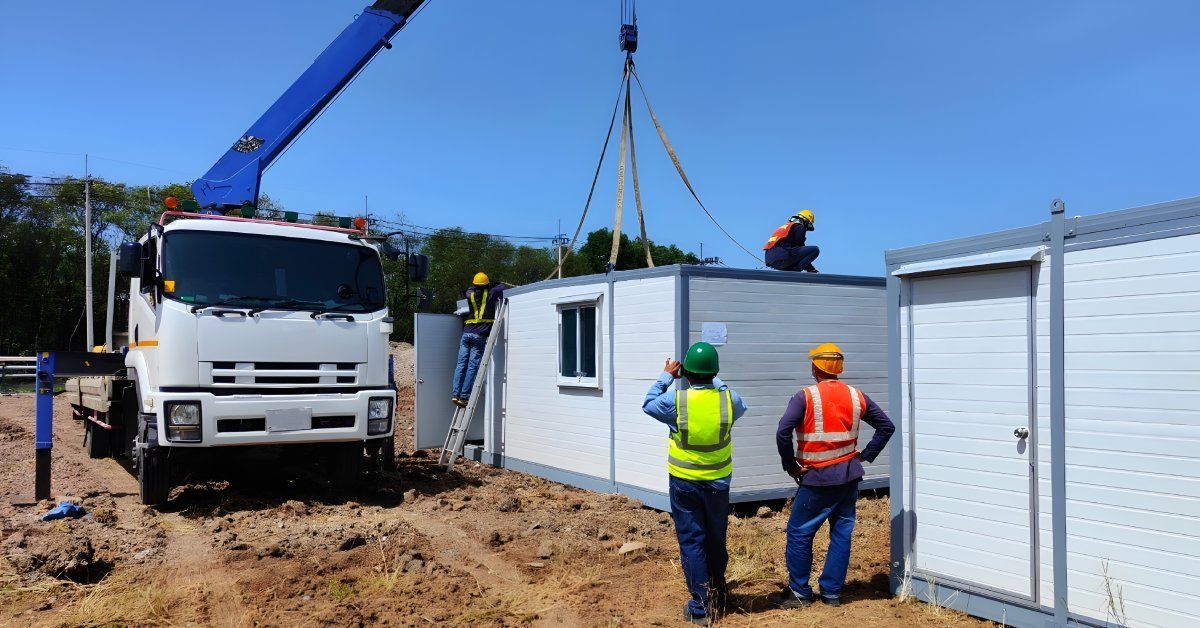
5. Decide on Permanent vs. Temporary Use
Will your modular office serve as a long-term fixture or a temporary solution? For permanent installations, investing more in premium finishes and advanced insulation pays dividends over time. For a more temporary solution, focus on flexibility and ease of relocation.
6. Explore Customization Options
If your business has unique requirements, don’t settle for a one-size-fits-all solution. Discuss with your supplier about customizing the layout, partitioning, window style, door options, and specialist fittings. Many modular offices can have smart lighting, soundproofing, and even solar panels for sustainability.
7. Factor in Future Expansion
Choose a modular system that enables you to add or remove sections as your organization evolves. As your needs shift, expansion-friendly offices can help you avoid major—and potentially expensive—rebuilds. Additionally, modular offices give you the opportunity to make more out of a smaller space.
8. Ask About Delivery, Installation, and Support
Professional modular office suppliers manage delivery and installation to guarantee minimal disruption. Ask about lead times, site prep, and on-site assistance during installation. If you expect to move or reconfigure your office, find out about ongoing support.
Make a Smart Choice for Your Workspace
Ordering a modular office is a unique opportunity to shape your workspace around the needs of your team and your business. Don’t rush through decisions or rely on generic solutions.
Now that you’ve gotten some helpful tips before you order your modular office , you can make a wise decision that will benefit your business for years to come. To discover the perfect solution for your business, head over to Tyler Supply Company today to explore our many incredible options.



